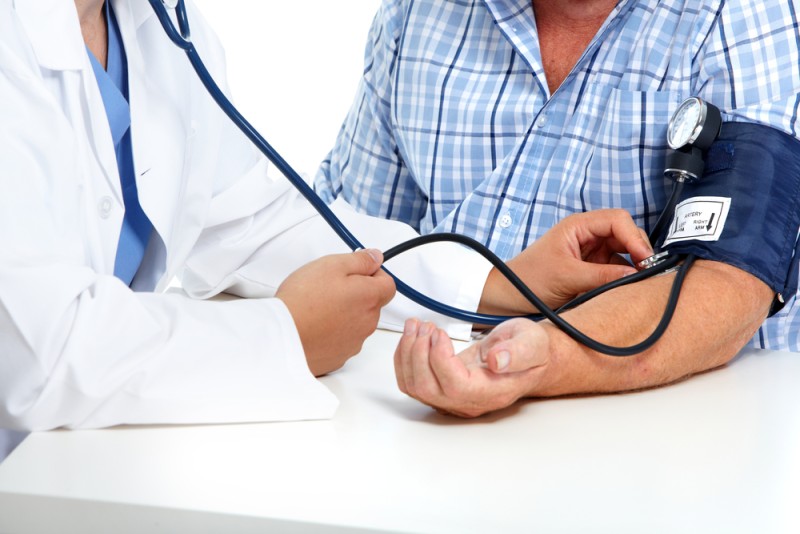High blood pressure, or hypertension, is a leading risk factor for heart disease and stroke. Fortunately, many people can successfully manage their blood pressure through lifestyle modifications. Primary care providers often recommend these evidence-based strategies to support heart health and reduce reliance on medications.

1. Adopt a Heart-Healthy Diet (DASH Diet)
The Dietary Approaches to Stop Hypertension (DASH) diet emphasizes fruits, vegetables, whole grains, lean proteins, and low-fat dairy. Reducing sodium intake and avoiding processed foods can significantly lower blood pressure levels.
2. Exercise Regularly
Engaging in moderate aerobic activity, such as brisk walking, swimming, or cycling for 30 minutes most days of the week, helps lower systolic and diastolic blood pressure. Exercise also promotes weight loss and boosts cardiovascular health.
3. Maintain a Healthy Weight
Excess body weight increases strain on the heart. Even modest weight loss (5-10% of body weight) can make a noticeable difference in blood pressure readings. Regular physical activity and dietary changes play key roles in weight control.
4. Limit Alcohol and Quit Smoking
Drinking too much alcohol and smoking can raise blood pressure and damage blood vessels. Limiting alcohol to one drink per day for women and two for men, along with smoking cessation support, are essential lifestyle adjustments.
5. Reduce Stress Levels
Chronic stress can contribute to elevated blood pressure. Practicing mindfulness, yoga, meditation, and deep breathing exercises can help manage stress naturally and promote overall well-being.
6. Monitor Blood Pressure at Home
Tracking your blood pressure regularly at home keeps you informed and helps your doctor evaluate how well your lifestyle changes are working. Share your readings during your primary care visits.
Conclusion
Lowering blood pressure naturally is possible with consistent lifestyle changes. By focusing on diet, exercise, stress reduction, and other heart-healthy habits, you can significantly improve your cardiovascular health. Always consult your primary care provider before making major changes, especially if you’re on blood pressure medication.
Frequently Asked Questions (FAQs)
1. Can I lower my blood pressure without medication?
Yes, many individuals can manage mild to moderate hypertension through lifestyle changes alone. However, some may still require medication based on their condition.
2. What foods should I avoid if I have high blood pressure?
Avoid salty snacks, canned soups, processed meats, and foods high in saturated or trans fats.
3. How fast can lifestyle changes affect blood pressure?
Some changes, like reducing sodium or exercising, can begin to lower blood pressure within a few weeks.
4. Is home blood pressure monitoring accurate?
Yes, if done correctly using a validated monitor, home readings provide helpful data for your doctor.
5. How often should I check my blood pressure?
If you have high blood pressure, check it daily or several times a week and record your results.
We take a proactive approach to managing high blood pressure through comprehensive primary care. Whether you’re seeking prevention or treatment, our team can help you implement sustainable lifestyle changes. Visit our website at https://sccplano.com/ or call us today to schedule your appointment and take control of your heart health.
